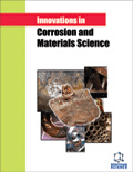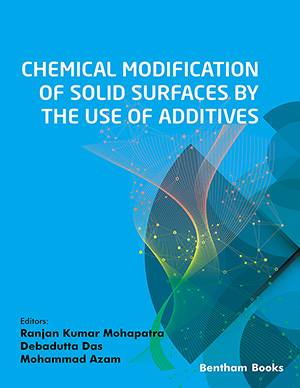Abstract
Background: Aluminum tubes of a refrigerator evaporator were having pitting problems in the field. A failure analysis was performed using a scanning electron microscopy with energy dispersive x-ray analysis. The root cause of the problematic evaporator tubes was identified as the chlorine in a cotton adhesive tape that was used to fasten the evaporator tube to the inner case. The crevice (or pitting) corrosion mechanism occurred on the evaporator tube surface.
Methods: A variety of chemical reactions were analyzed. To reproduce the pitting corrosion on the evaporator tube, a parametric accelerated life testing was performed using a 20% saline solution on the evaporator tube that was wetted in the chlorine water.
Results: It showed that the evaporator tube was pitted in a place where the cotton tape was attached. The failure modes and mechanisms validated experimentally were identical to those of the problematic refrigerators in field. To modify the problem with the refrigerator evaporator tube, the cotton tape was changed into a generic transparent tape.
Conclusions: The reliability of the new design for the cooling enclosure system pitted in field is now expected to have B1 life of over 10 years.
Keywords: Evaporator tube, missing design parameter, nomenclature, parametric accelerated life testing, pitting corrosion, reliability design.
Graphical Abstract
 15
15 2
2







